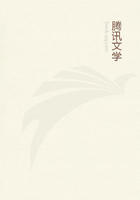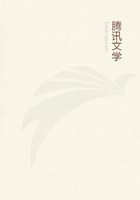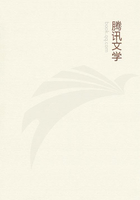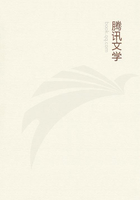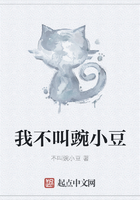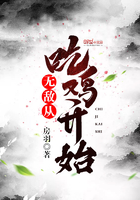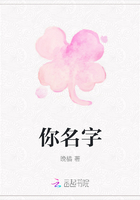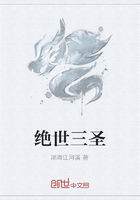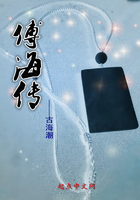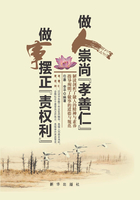§1.The most distinctively creative kind of human work is called art.In motive and in performance it is the freest expression of personality in work.The artist in what are termed the fine arts, e.g., as painter, poet, sculptor, musician, desires to give formal expression to some beautiful, true or otherwise desirable conception, in order either to secure for himself its fuller realisation or the satisfaction of communicating it to others.
It is not, however, necessary for our purpose to enter upon the exact psychology of art motives or processes.Indeed, we are not concerned with the whole range of artistic activity.So far as the artist works simply and entirely for his own satisfaction, in order to express himself to himself, he cannot be deemed to be contributing to the economic income of the nation.For us the artist is the producer of a marketable commodity, and we are concerned to discover the 'economic' and the 'human' costs which he incurs in this capacity.
Now so far as the painter, poet, or musician works as pure artist, exercising freely his creative faculty, his economic 'costs' consist merely of his 'keep', the material and intellectual consumption necessary to support him and to feed his art.The net human costs of the creative work are nil.
For though all creative work may involve some pains of travail, those pains are more than compensated by the joy that a child is born.Even if we distinguish the creative conception from the process of artistic execution, which may involve much laborious effort not interesting or desirable in itself, we must still remember that these labours are sustained and endowed with pleasurable significance as means to a clearly desired end, so that the whole activity becomes in a real sense a labour of love.In other words, the human costs are outweighed by the human utility even in the processes of production, so that the pure practice of art is a net increase of life.The artist, who, following freely his own creative bent, produces pictures, plays or novels which bring him in great gains, is thus in the position of being paid handsomely for work which is in itself a pleasure to perform and which he would do just as well if he were only paid his human 'keep'.The wasteful social economy of the ordinary process of remunerating successful artists needs no discussion.For the true art faculty resembles those processes by which Nature works in the organic world for the increase of commodities whose comparative scarcity secures for them a market value.A poet who 'does but sing because he must,' and yet is paid heavily for doing so, is evidently getting the best of both worlds.Our present point, however, is that the 'economic cost' which his publisher incurs in royalties upon the sales of his poem is attended by no net 'human cost' at all, but by a positive fund of 'human utility'.And this holds of all truly creative work: the performance involves an increase of life, not that loss which is the essence of all human cost.
§2.I have spoken of the pure 'artist'.The artistic producer who sells his freedom to the moneyed public may incur the heaviest of human costs, the degradation of his highest quality.The temptation to incur these moral and intellectual damages is great in any nation where the dominant standard of personal success is money income and expenditure.But perhaps there is a false simplicity in the romantic view of artistic genius, which assumes that the artist and his work are necessarily degraded by inducements to work for a public, instead of working for himself alone.It may, indeed, be held that an artist who is so self-centred as to have no conscious consideration of the artistic needs and capabilities of his fellow-men, is so essentially inhuman as to be incapable of great work.The use of an art-gift for communion with others, involving some measure of conscious social direction, seems involved in the humanity of the artist.Even when that direction takes the shape of market-prices, it does not necessarily incur the violent censure bestowed by romantic persons.When a sound public taste operates, this direction may be justified.The portraits which Mr G.F.Watts painted reluctantly for money need not be considered a waste of his powers.The nature, again, of many creative minds seems to require the application of an external stimulus to break down a certain barrier of sterile self-absorption or of diffidence, which would rob humanity of many of the fruits of genius.
At any rate it need not be assumed that working for a public, or even for a market, is essentially injurious.Where the taste which operates through the demand is definitely base, and where the practice and the consciousness of having sold one's soul for money are plainly realised, no doubt can exist.But where public sympathy and appreciation, even exercised through the market, induce the artist to subordinate some of his private tastes and proclivities to the performance of work which, though of secondary interest to himself, has a sound social value, the pressure of demand may produce a larger body of real wealth at no real human cost to the producer.
Very different, of course, are the instances urged with so much passionate insistence by Ruskin, where depraved public tastes, springing directly from luxury and idleness, debauch the natural talents of artists, and poison the very founts of the creative power of a nation.Corruptio optimi pessima.
The production of base forms of art, in painting, music, the drama, literature, the plastic arts, must necessary entail the highest human costs, the largest loss of human welfare, individual and social.For such an artist poisons not only his own soul but the social soul, adulterating the food designed to nourish the highest faculties of man.

